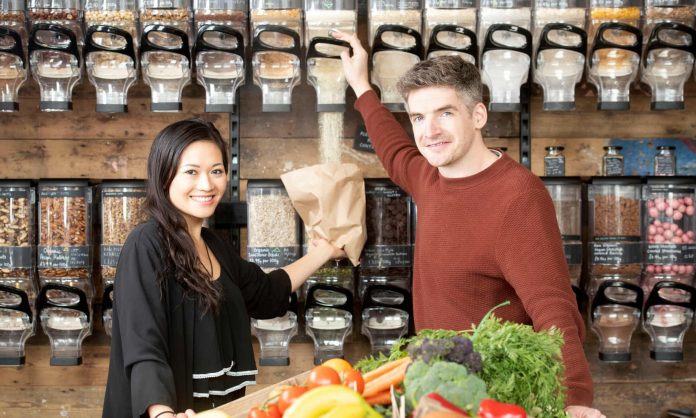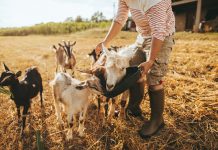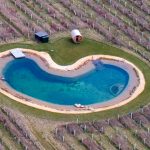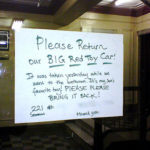Supermarket The Clean Kilo is Birmingham’s first plastic-free, zero-waste supermarket belonging to Tom Pell and Jeanette Wong who initially got the idea in early 2017. They had only known each other for about six months and had no working knowledge of high-street food retail. Wong had previously worked as a menswear designer in Birmingham and had some marketing and social media experience, while Pell was a chemistry PhD retraining as a secondary school teacher.
Before opening up the shop they carried a market research that outlined the fact that people were opened to the concept due to plastic pollution, but as the same time they were doubtful in regards to a retailer free of any kind of single-use plastic. Finally, they decided to launch a crowdfunding campaign in order to get the shop up and running, so starting December 3rd of 2017 they had 45 days to hit their £14,607 target. They actually managed to raise more until the end of their campaign, therefore, in June 2018, The Clean Kilo opened up in a spacious premises and doing well so far.
The supermarket’s stock includes soaps, cosmetics, and household cleaning products, as well as food and drink, trying to encompass all the products found in a normal supermarket, except the plastic. The owners say the biggest challenges they face are regarding their suppliers, which are larger in number than those of regular shops, due to the fact they only use containers. Also, the work around the store is quite demanding and labor-intensive, because of dispensers they have to clean regularly, also they need more staff in order to assist the customers new to the concept. However, the two owners believe supermarkets chains could also become plastic-free with time, and that way, according to Pell, they “would actually make it easier for shops like us to get a better product range” since producers would be under pressure to adapt to plastic-free packaging.
Next up is Mossgiel Farm in East Ayrshire, which became plastic free in January 2019, the present owner, Bryce Cunningham, took over the farm in 2015 after his father and grandfather both died within a year. Bryce came home after working for ten years as a service team manager with Mercedes-Benz in the west of Scotland and got the farm back on track.
After the milk price collapsed and having to sell of a lot of assets to cover bank costs, he considered of doing something different, and he figured that meant going organic. He stopped using industrial feed and fertilizers and put the herd on a grass-only diet selling the milk and cream in plastic cartons. But later he decided to take it even further and in June 2018 he initiated a crowdfunding campaign for buying 35,000 bottles and 1,200 reusable milk buckets. He managed to reach his target in mid-August and by January 2019, Mossgiel was plastic free.
The third business in UK going plastic-free is Spring restaurant in London. Skye Gyngell, the owner, decided in January 2018 to cut out all single-use plastics from the restaurant. She says she first started with buying lids to cover food and got rid of cling film. Later she extended her plastic free campaign beyond the restaurant and started working with suppliers that agreed to bring meat covered with paper in cardboard boxes and fish in reusable plastic boxes. The restaurant also uses straws made from plant-based instead of oil-based plastic, although she is considering switching to metal straws. However, Skye says she did not find a solution for bin bags yet:
“At home you could probably live without plastic bags and just put your garbage straight into bins outside. But we could never do that here – we’re in a Grade I-listed building, with huge health and safety regulations and a trust in charge of all the waste. The alternative we’ve settled on is recycled rather than biodegradable bags, which end up in landfill.”










